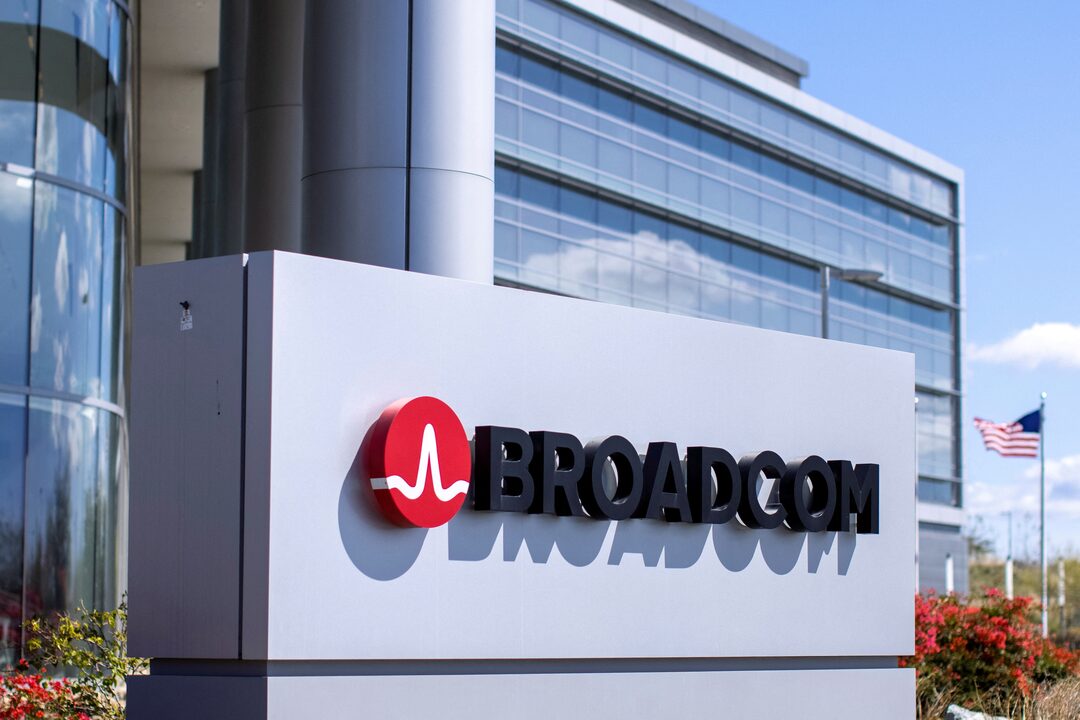Broadcom exceeded Wall Street expectations in its second-quarter earnings report, posting adjusted earnings per share of $1.58, slightly above the anticipated $1.56. Revenue came in at $15 billion, narrowly surpassing the forecasted $14.99 billion. The chipmaker also provided an optimistic outlook for the third quarter, projecting revenue of $15.8 billion, compared to the $15.7 billion expected by analysts. Year-over-year, the company’s revenue surged by 20%, underscoring robust business growth.
Broadcom’s Net Income Soars Amid Strategic AI Investments and Stock Growth Momentum
The company reported a dramatic increase in net income, which soared to $4.97 billion, or $1.03 per share, up from $2.12 billion, or 44 cents per share, a year earlier. This improvement follows a 10-for-1 stock split implemented last year. Broadcom’s shares have risen by 12% so far in 2025, following a remarkable performance in 2024, where shares more than doubled amid excitement surrounding the company’s focus on AI technology.

A key highlight of Broadcom’s success has been its strategic investment in artificial intelligence. CEO Hock Tan highlighted ongoing efforts to develop custom AI chips in partnership with three major cloud providers. These collaborations are part of a long-term strategy to support the expansion of AI infrastructure. During the quarter, Broadcom reported $4.4 billion in AI-related revenue, primarily from its networking components that link server clusters.
Broadcom Foresees Strong AI Chip Sales Growth Driven by Major Cloud Providers
Looking ahead, Broadcom expects AI chip sales to rise to $5.1 billion in the third quarter. Tan emphasized that demand from the company’s hyperscale partners—large cloud service providers like Amazon, Google, and Microsoft—remains strong. He predicted that Broadcom’s AI growth trajectory would continue through at least fiscal 2026, driven by sustained investments from these cloud giants in custom chip technology.
Broadcom’s semiconductor solutions segment generated $8.4 billion in revenue, marking a 17% increase from the previous year and beating the $8.34 billion forecast by analysts. Meanwhile, the software segment, bolstered by its acquisition of VMware, reported $6.6 billion in sales—a 25% year-over-year increase that also exceeded expectations. Together, these segments reflect Broadcom’s balanced growth across both hardware and software divisions.
